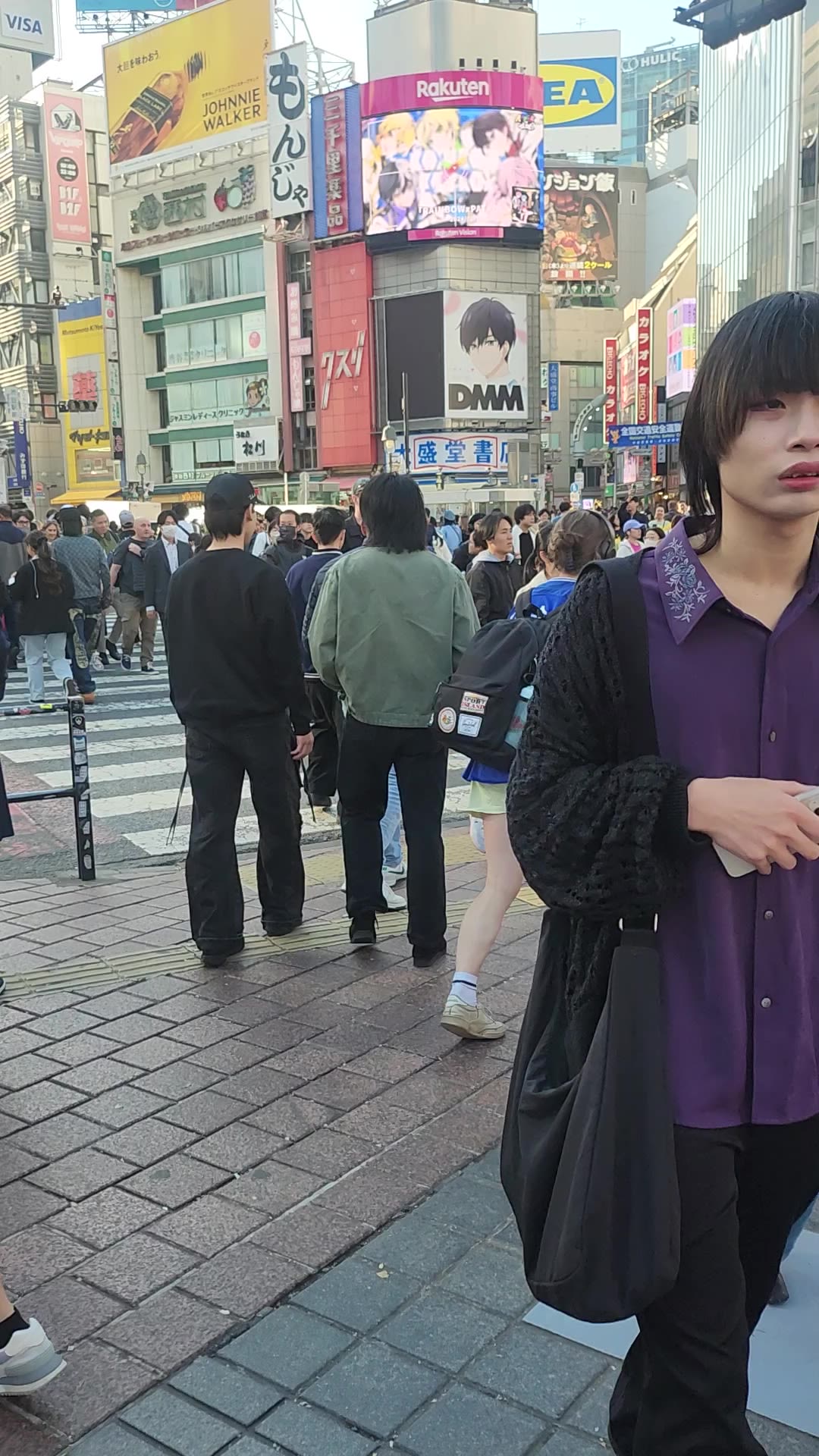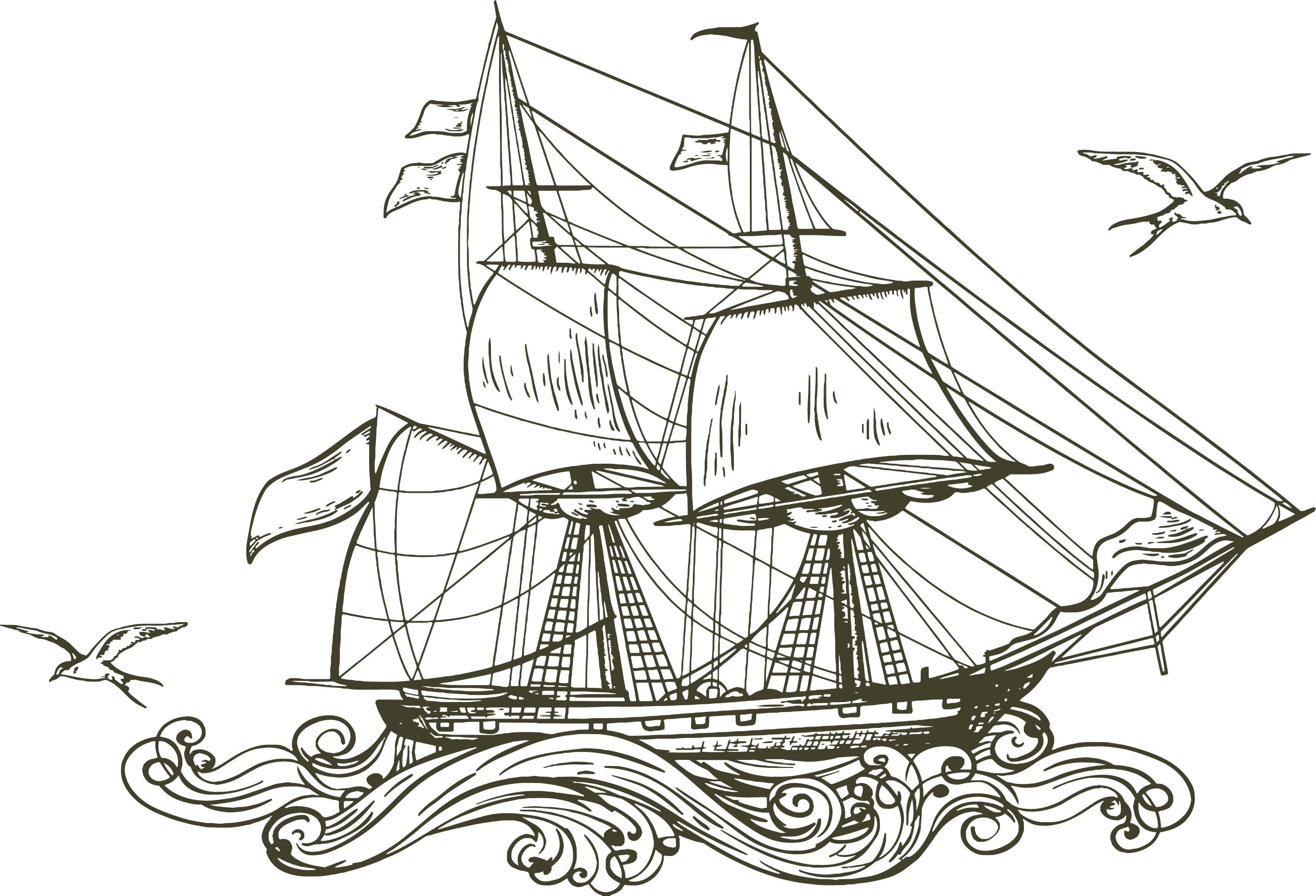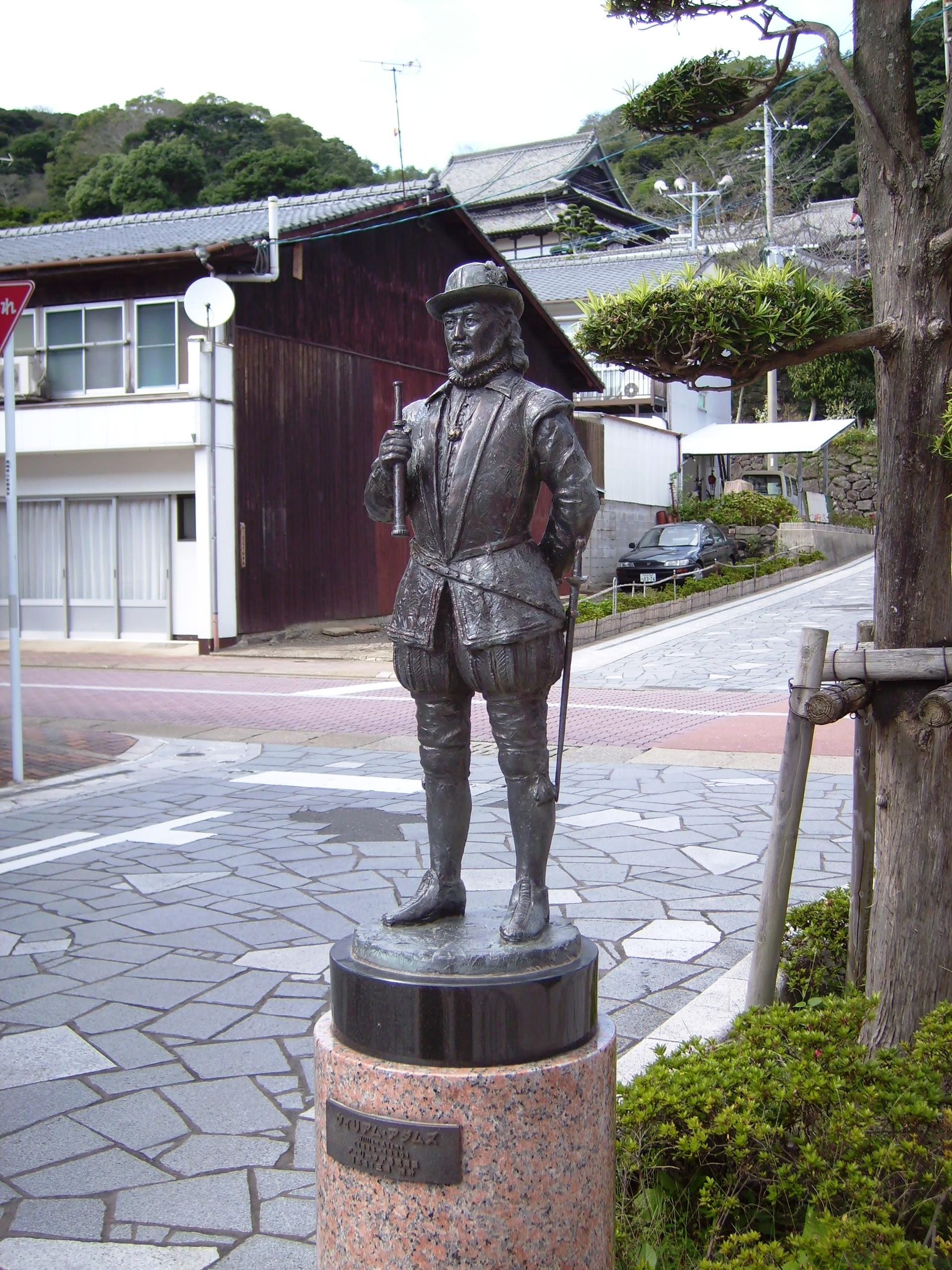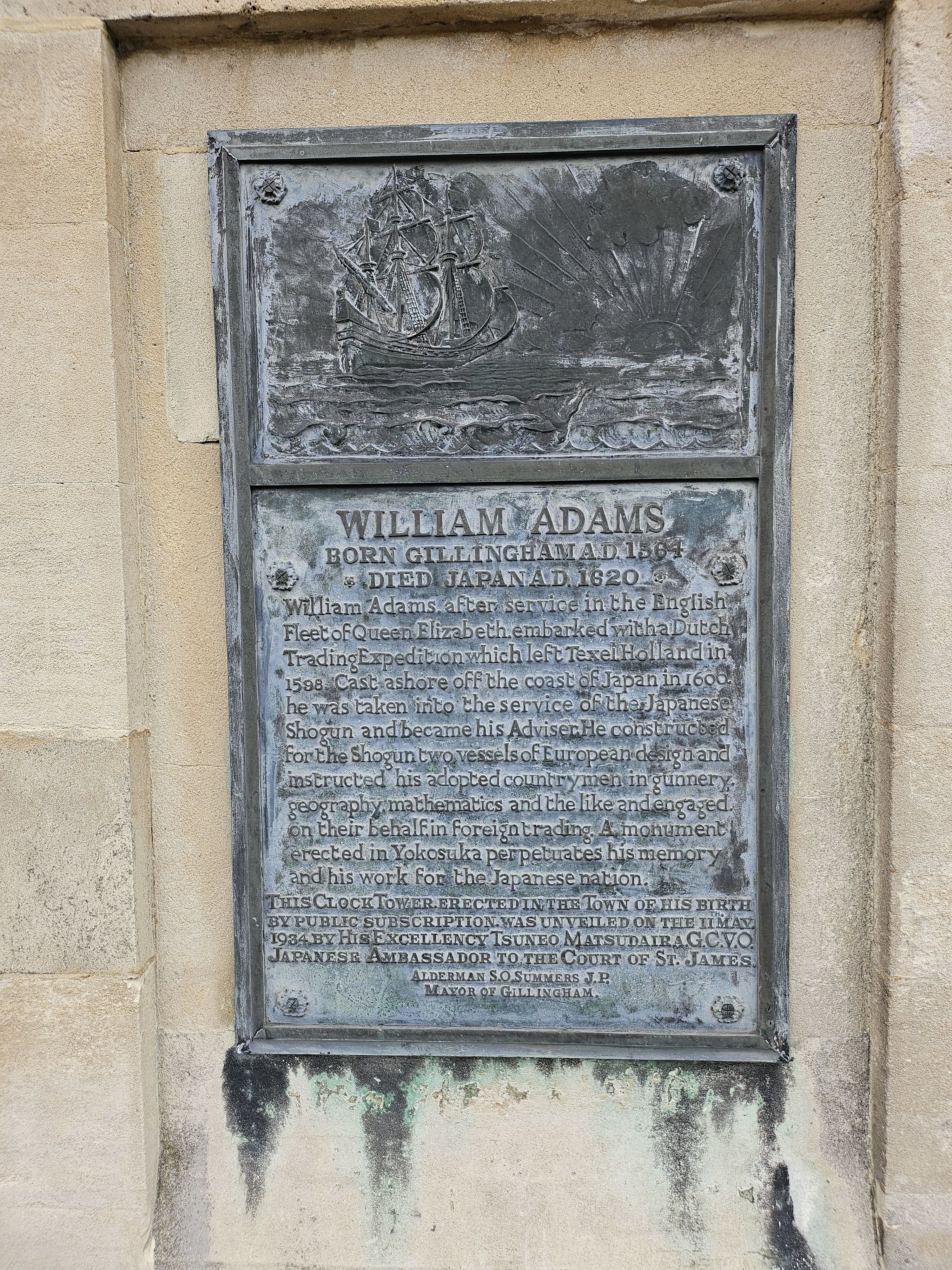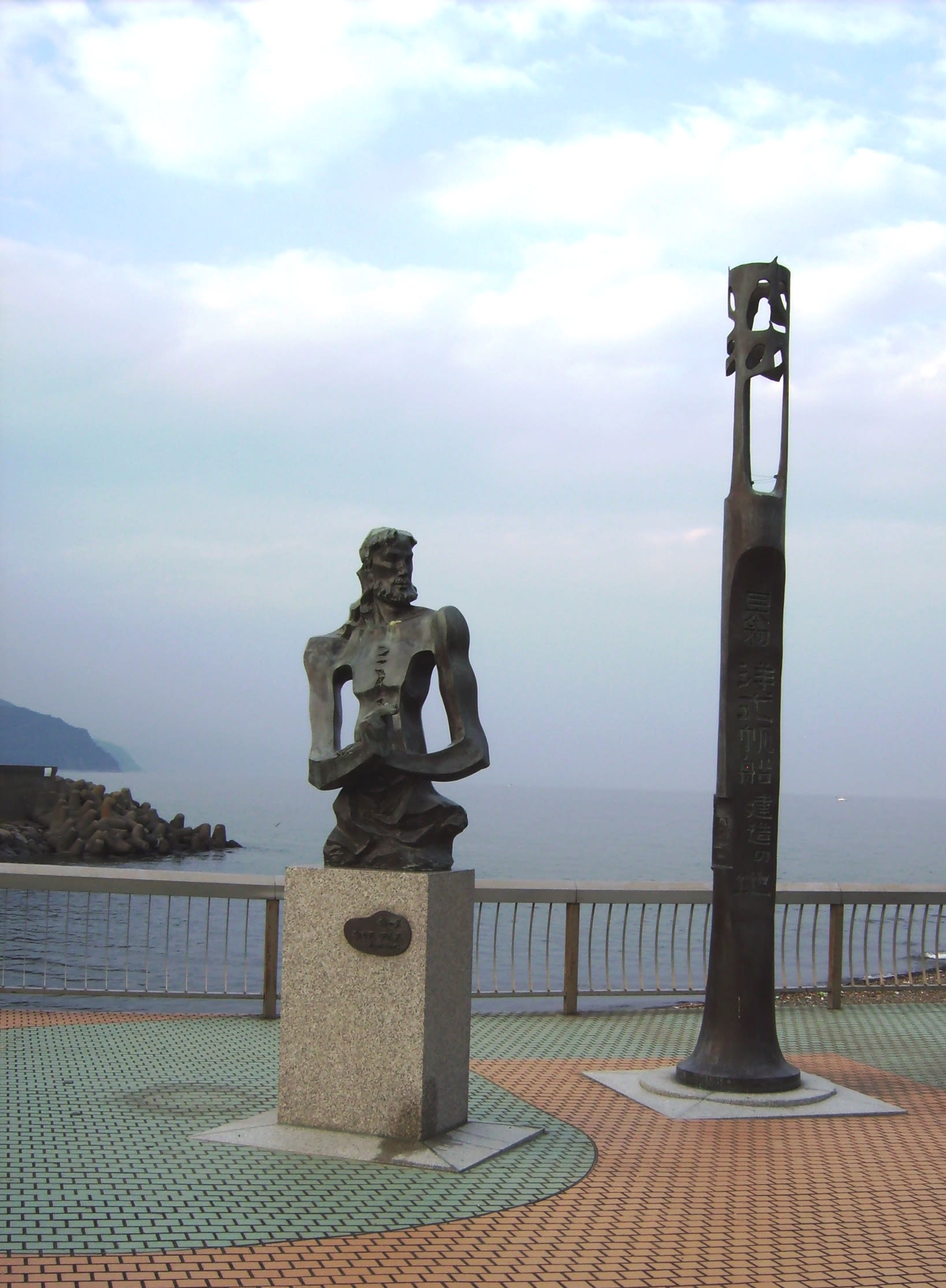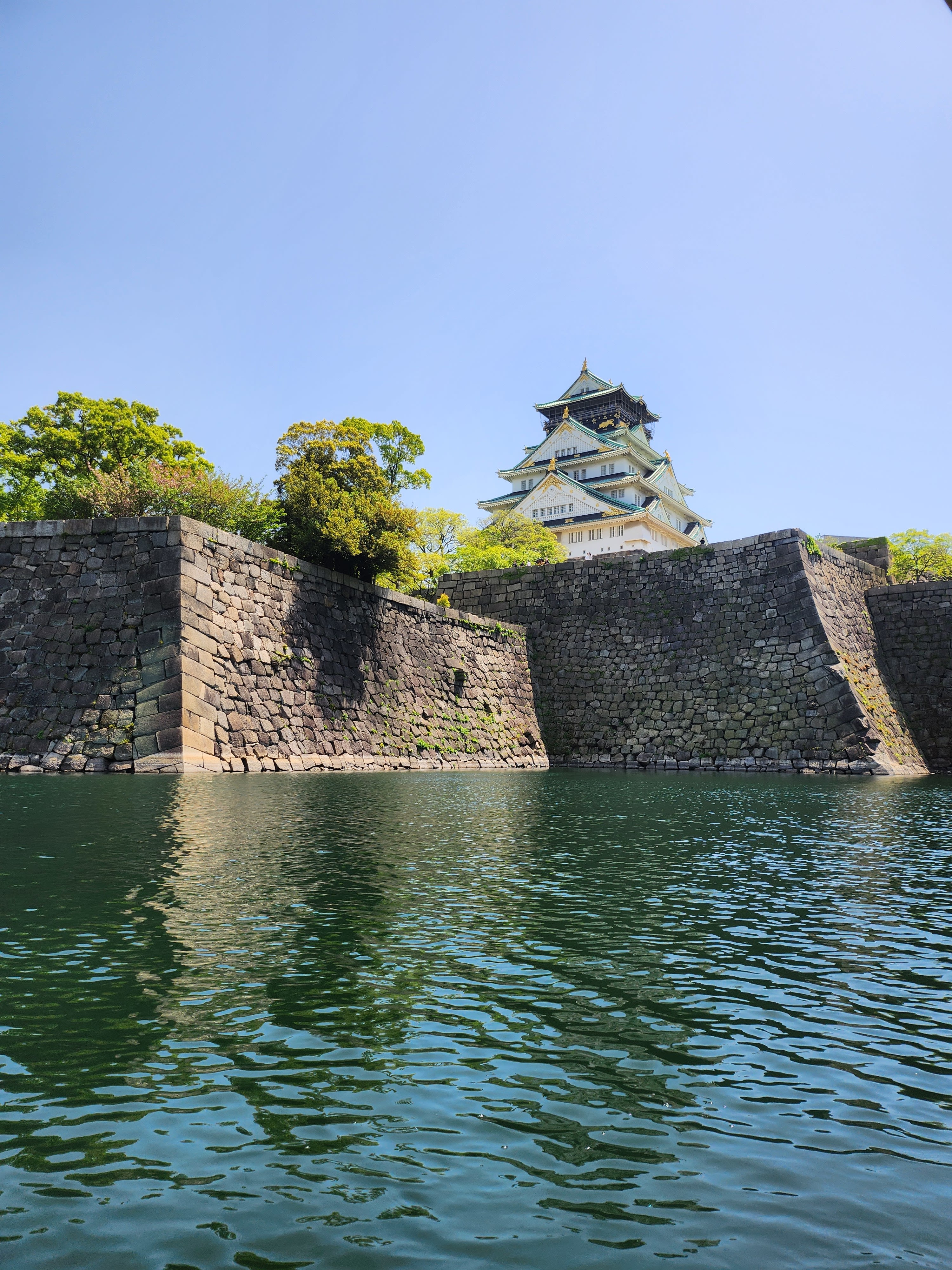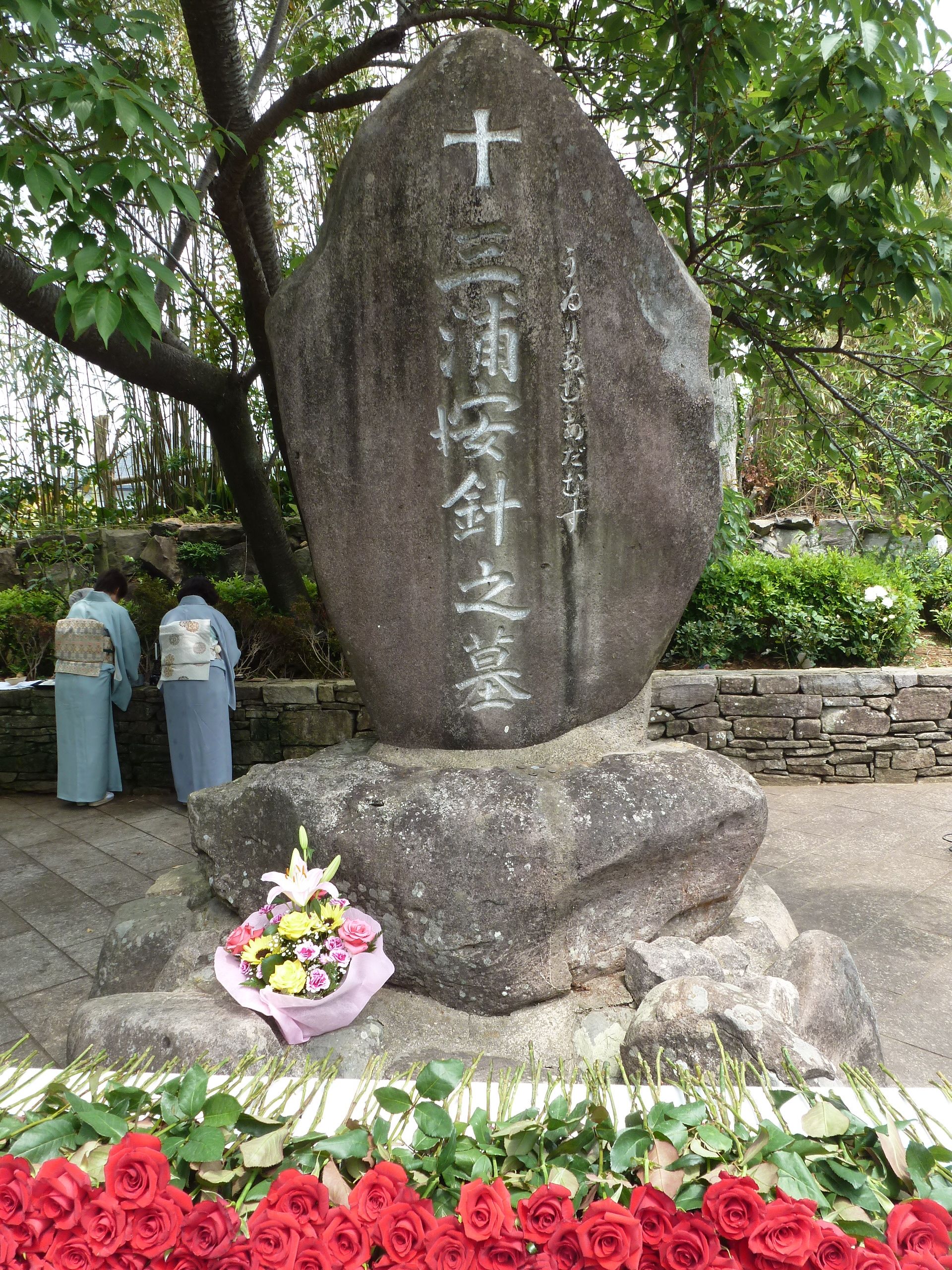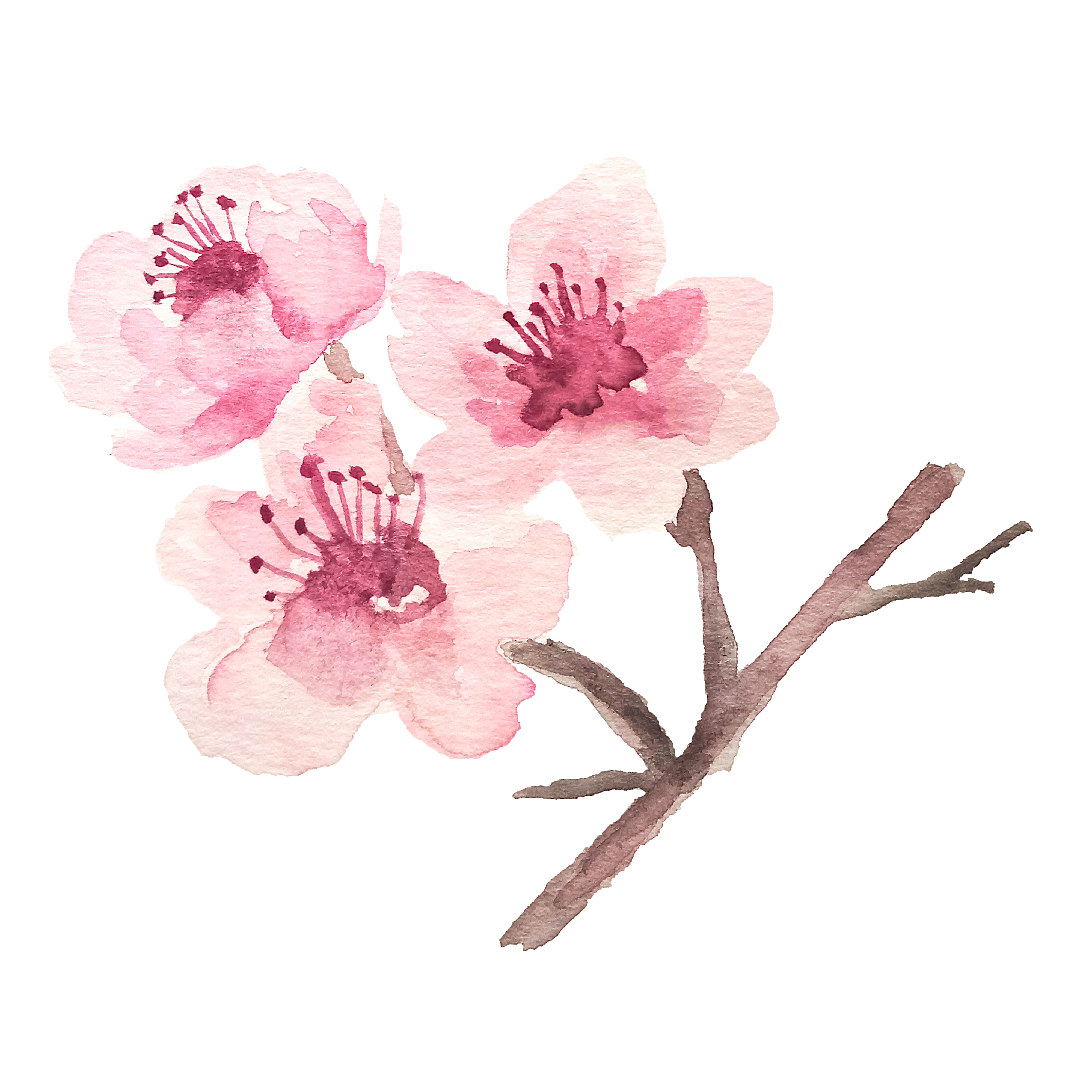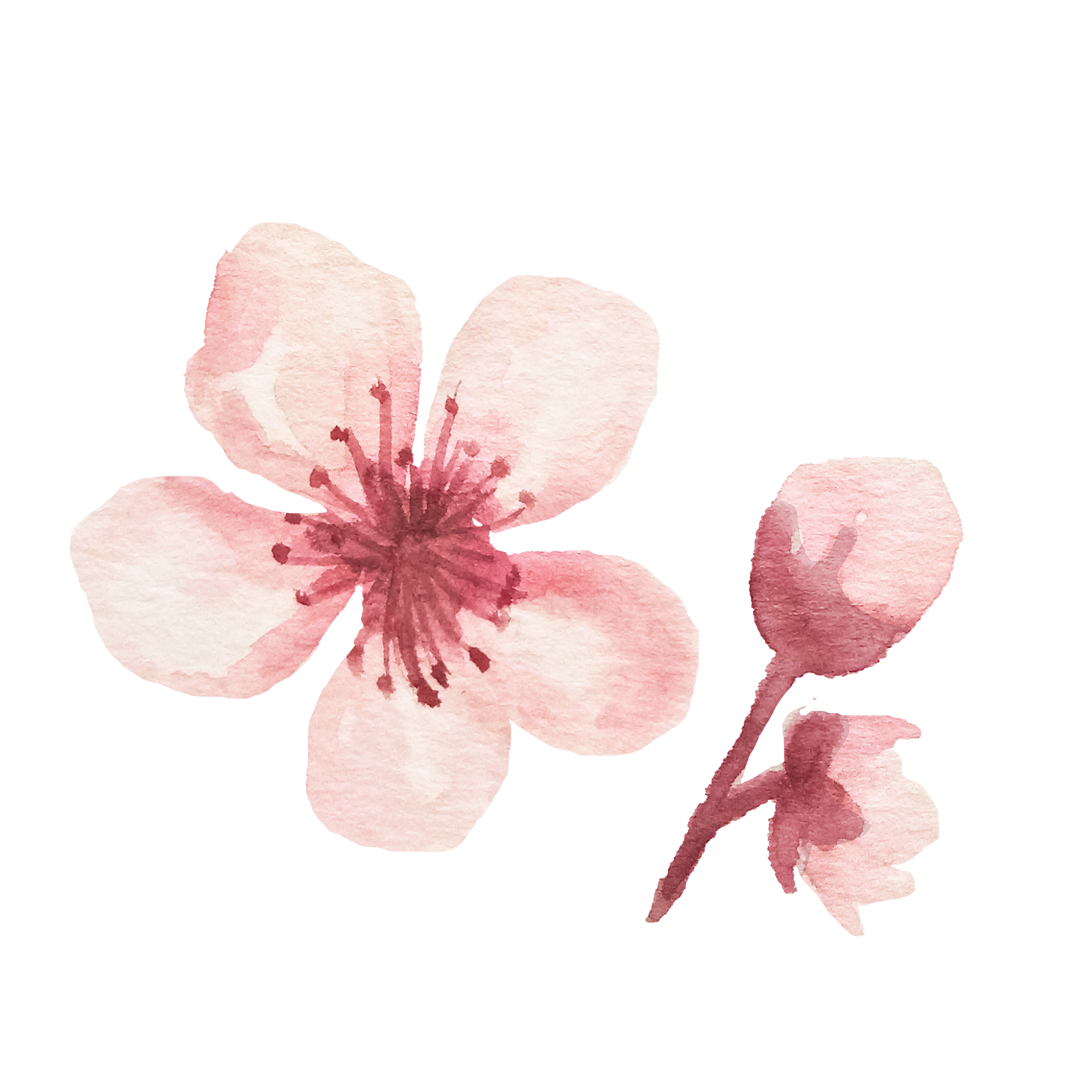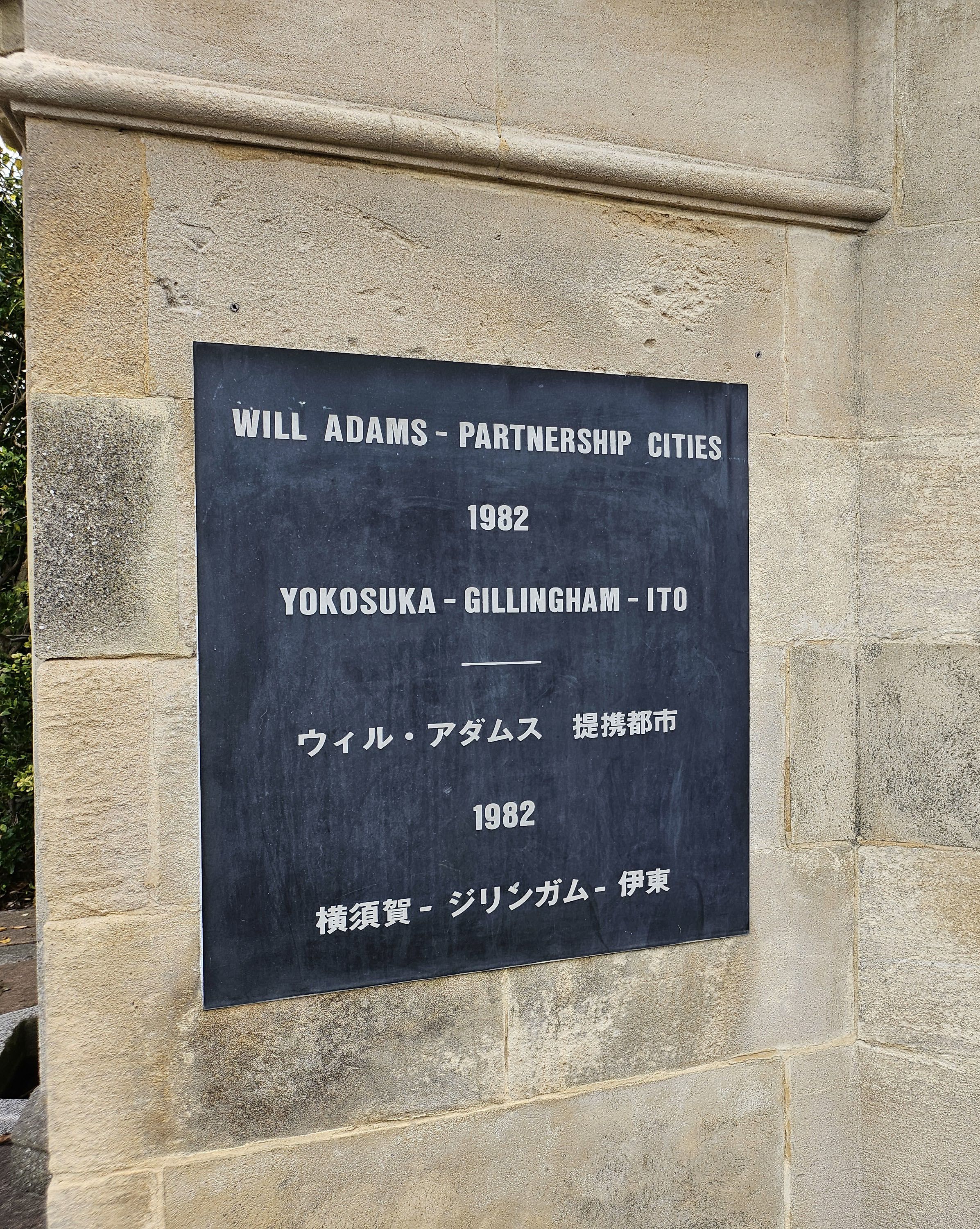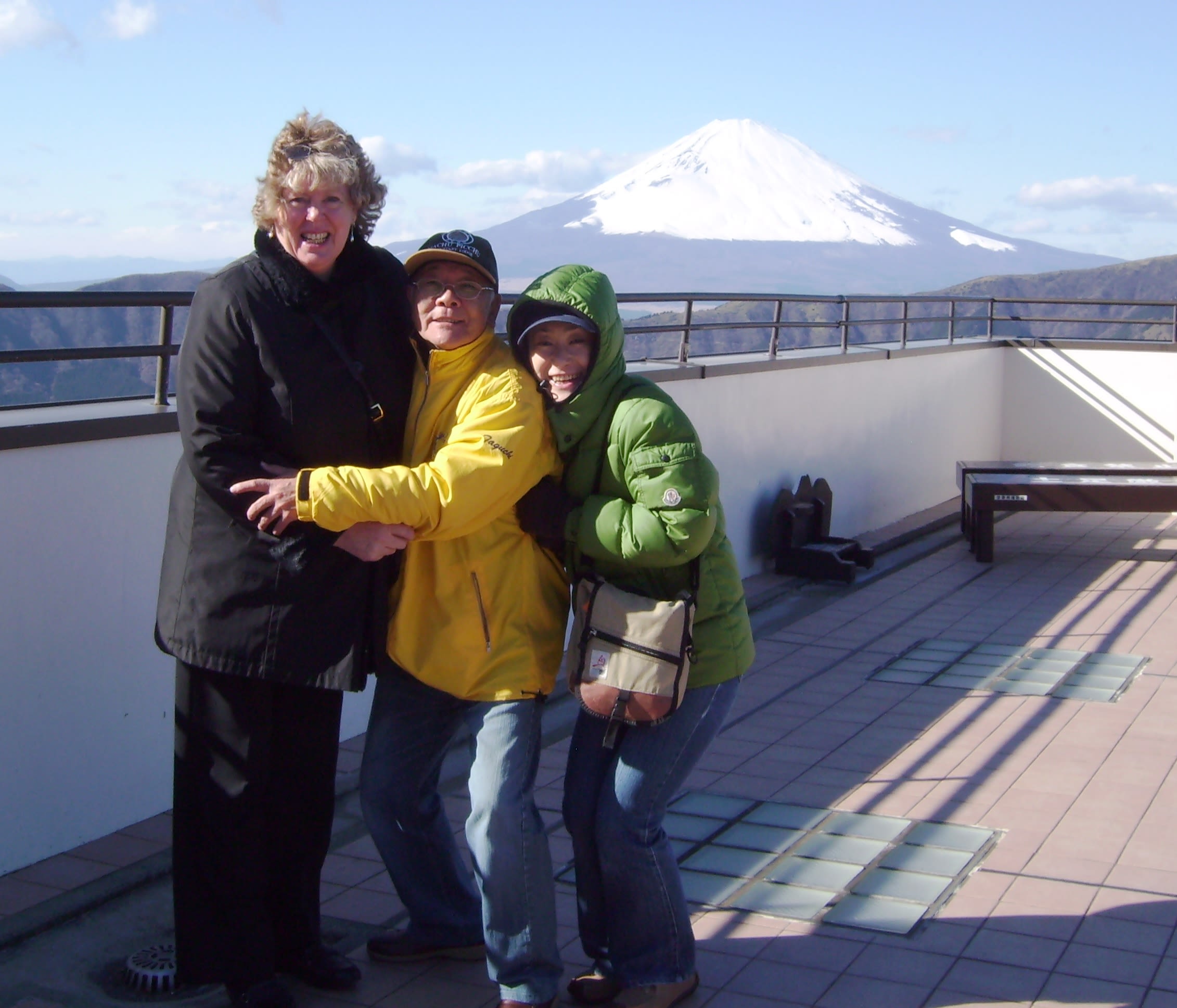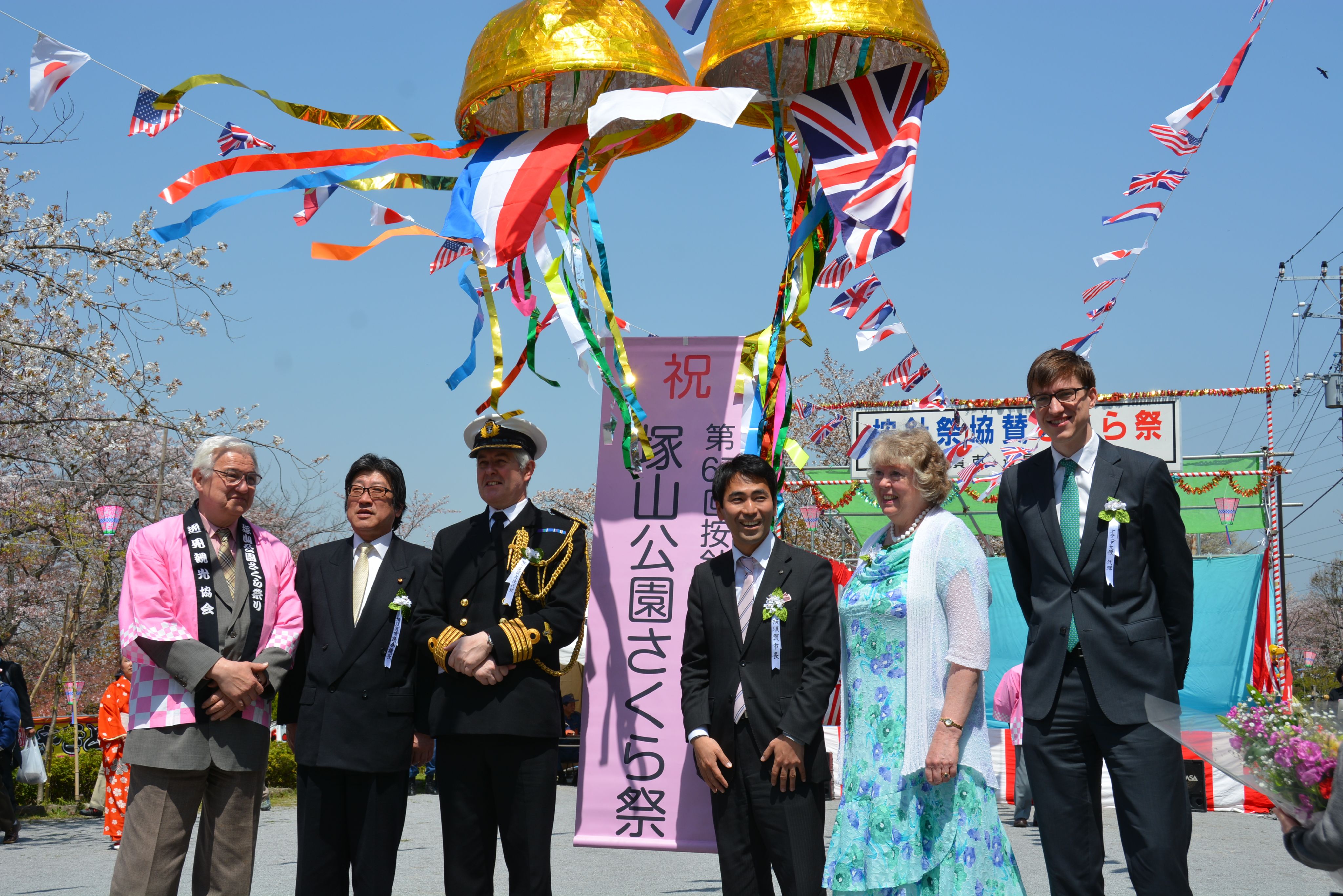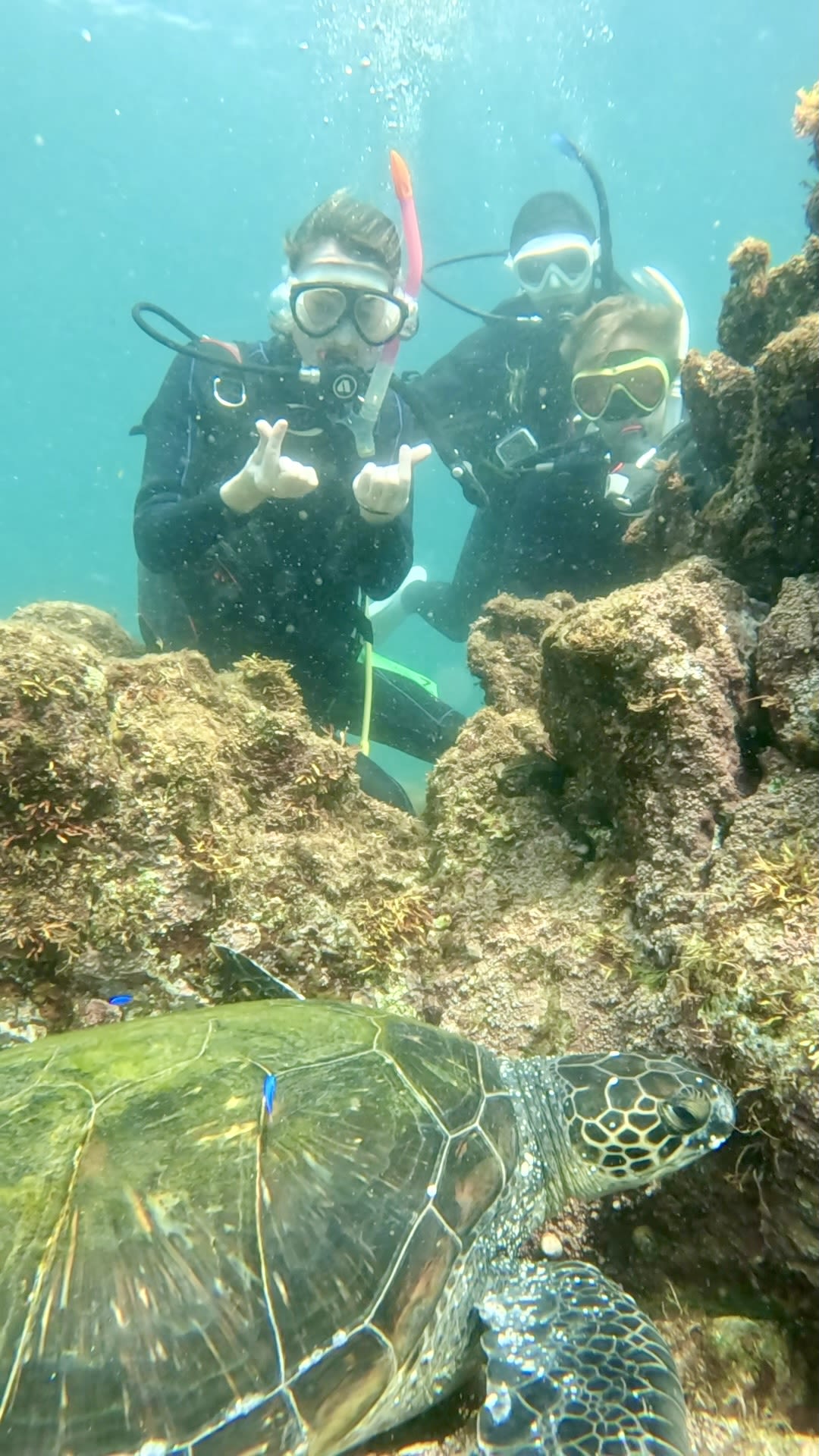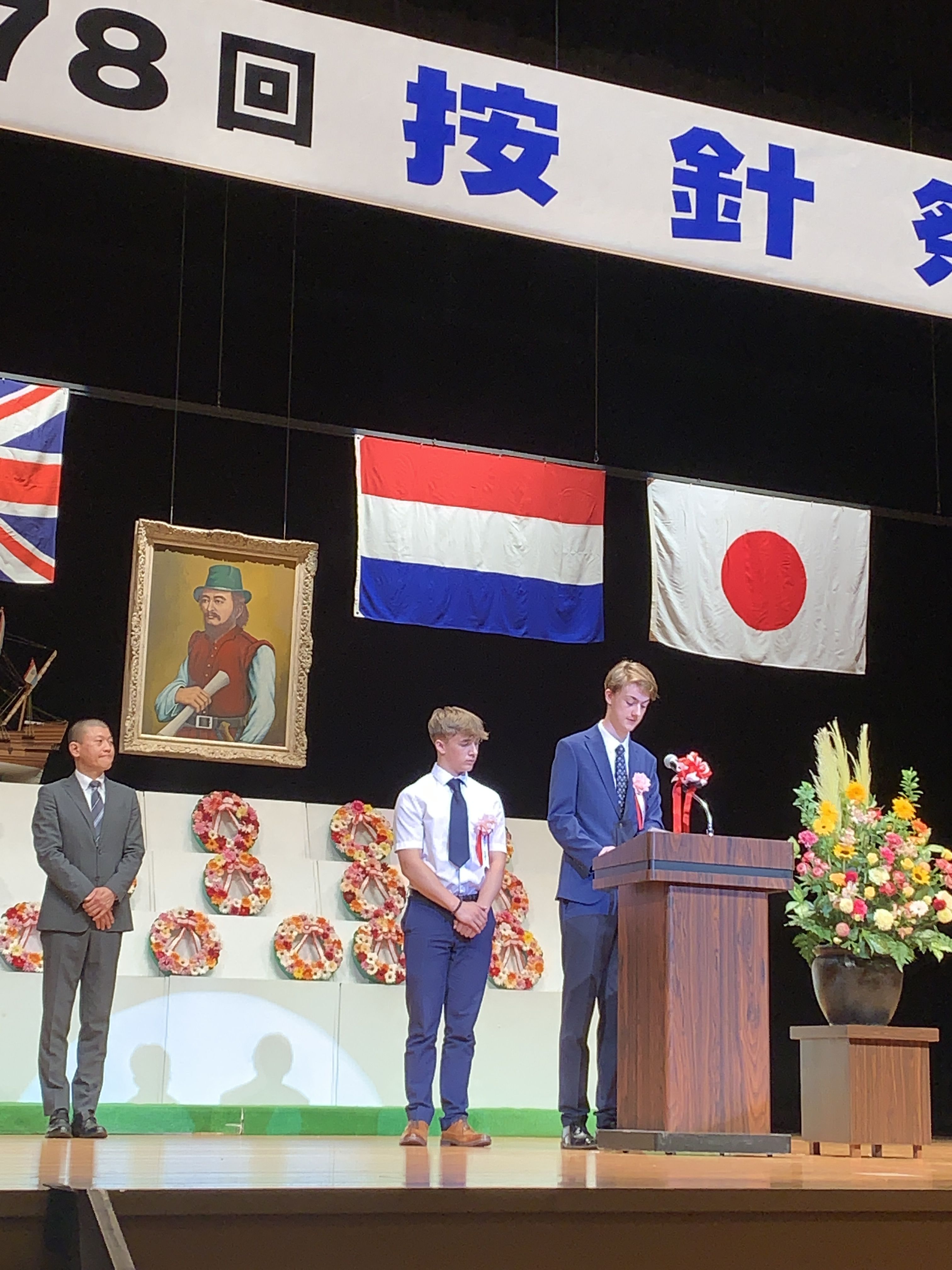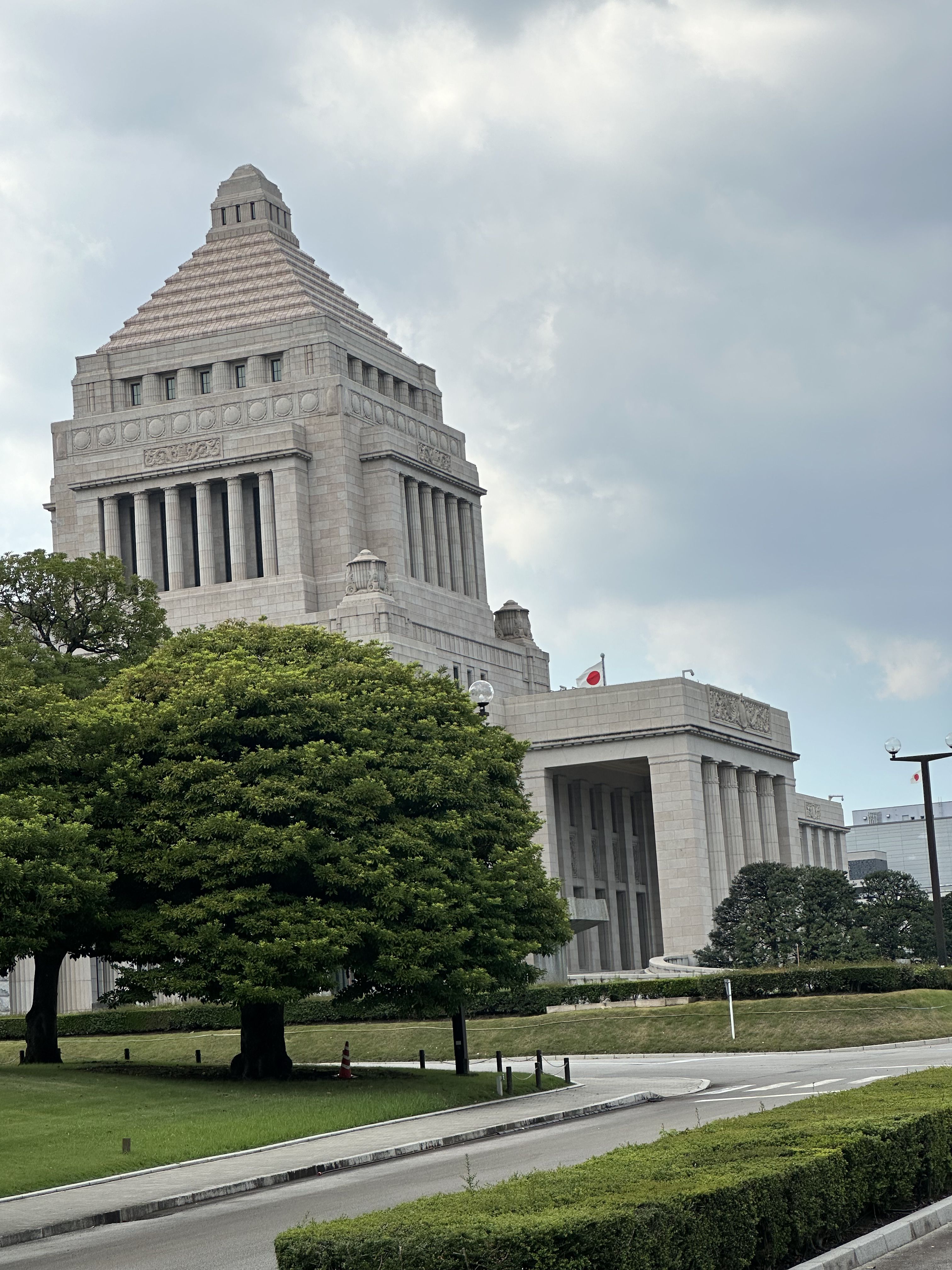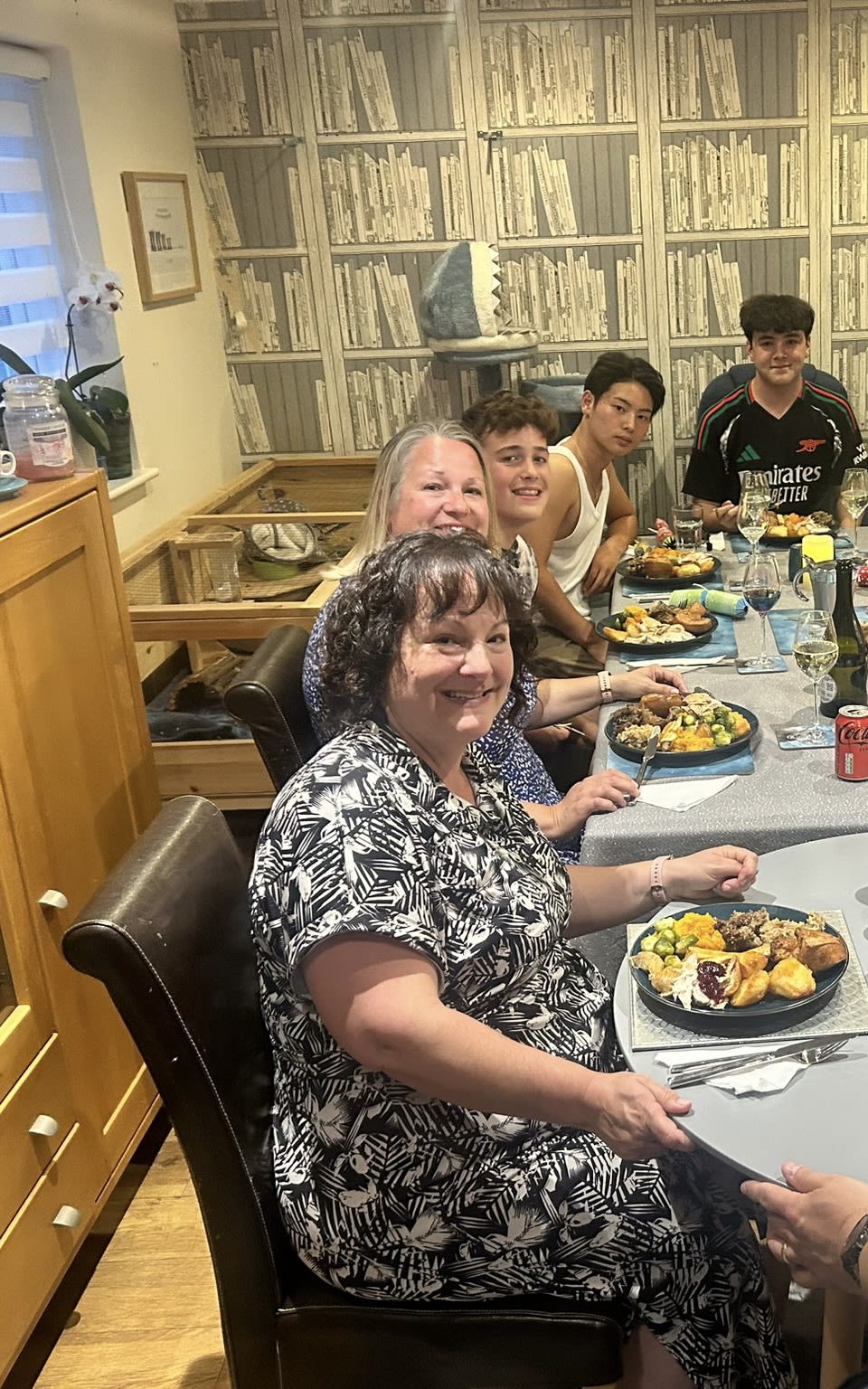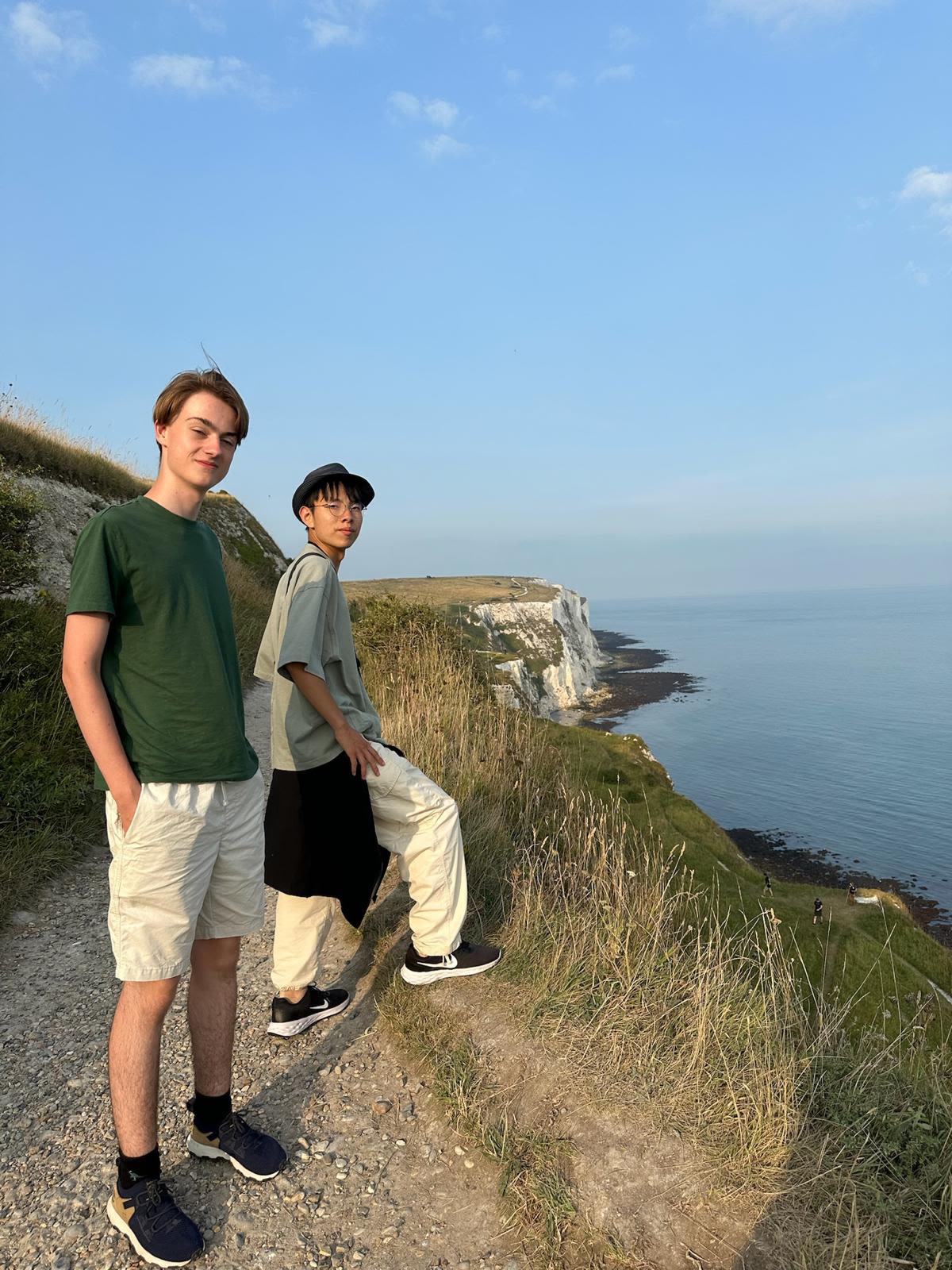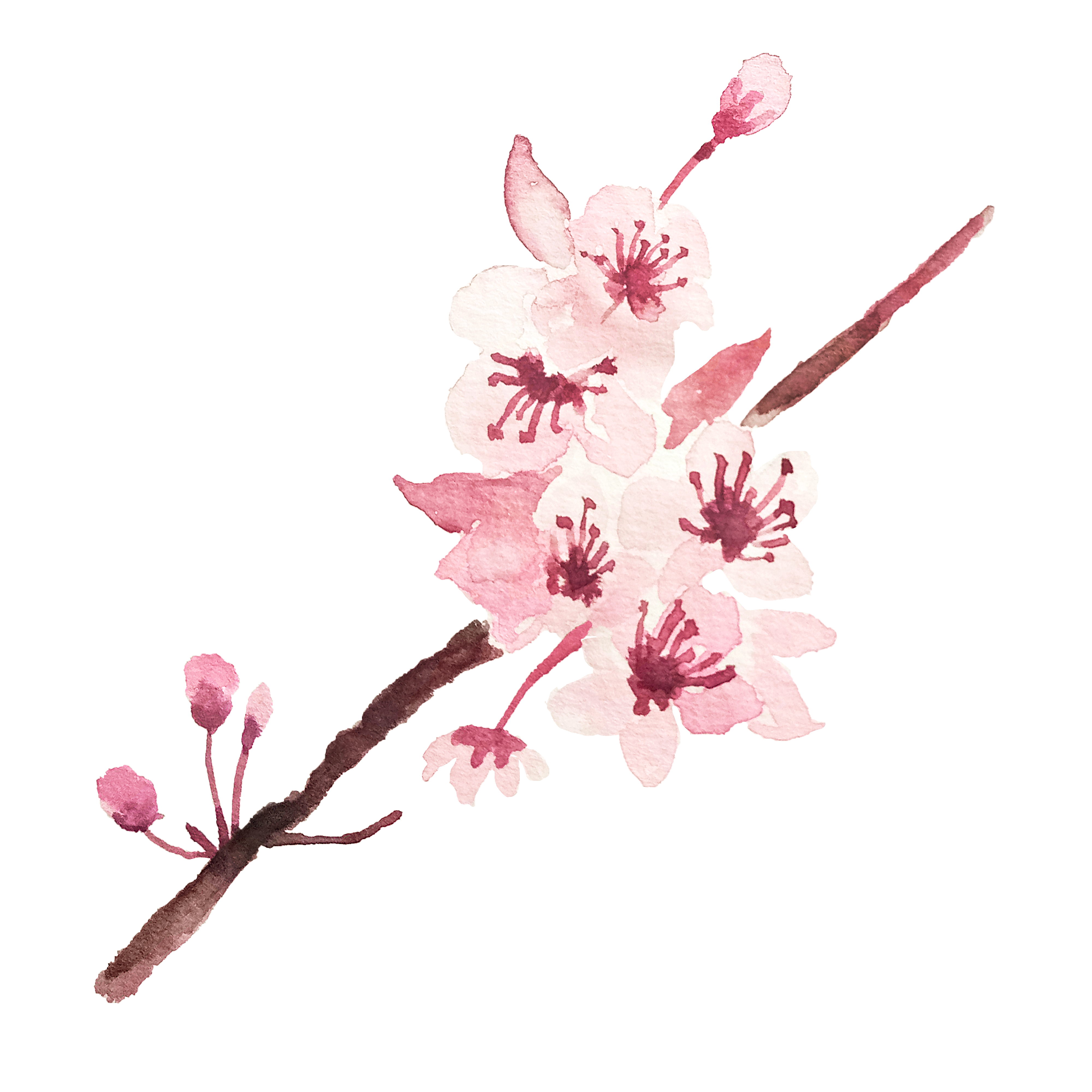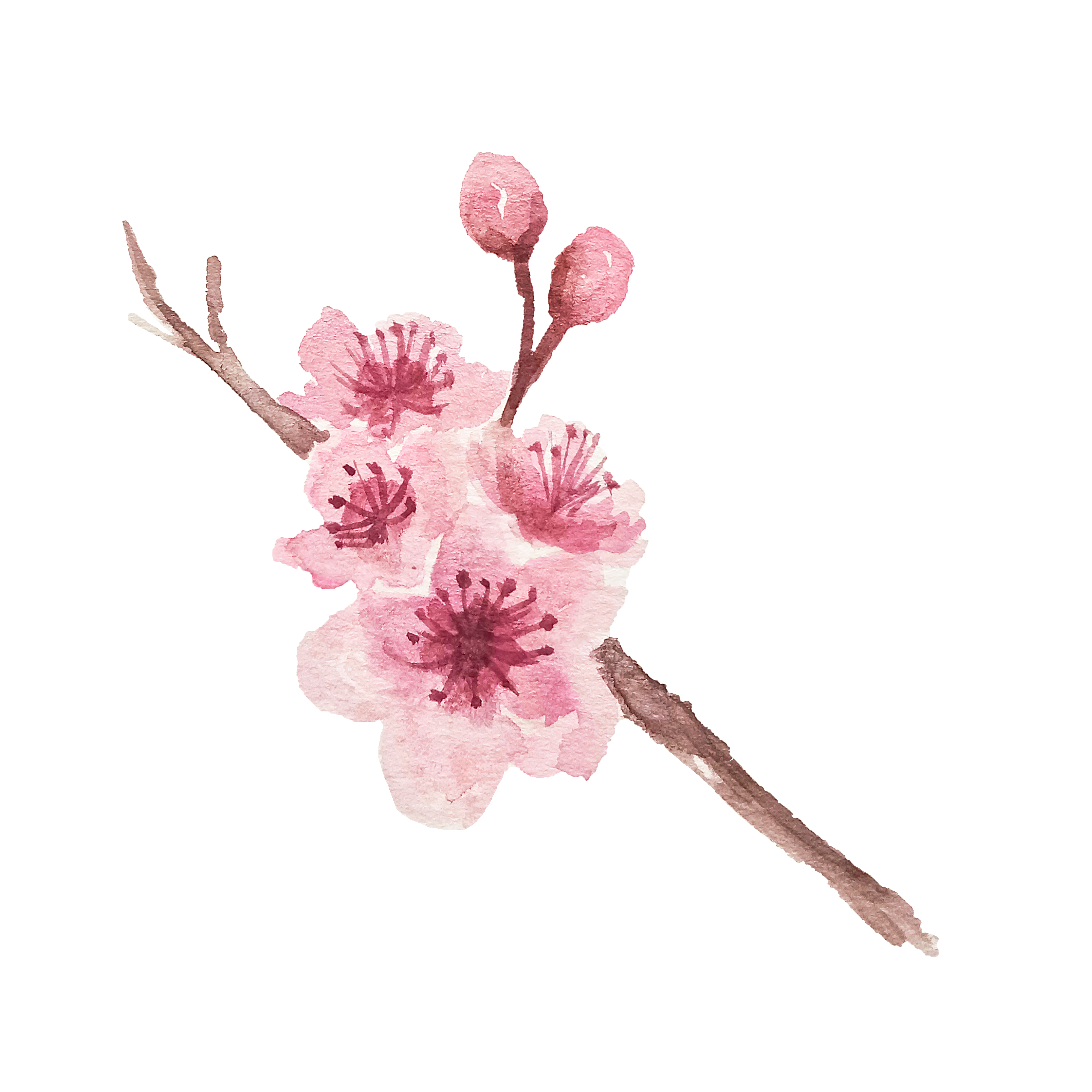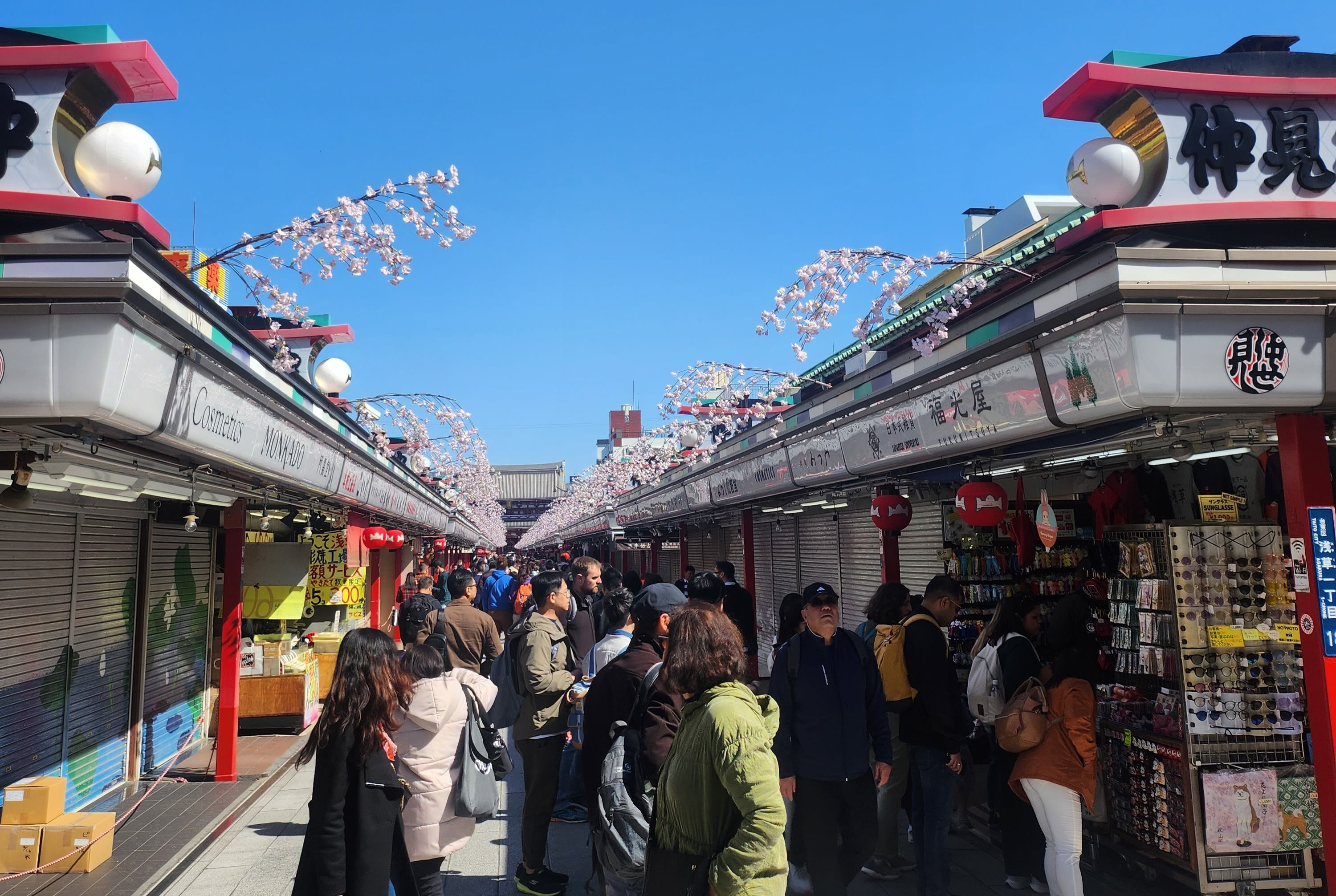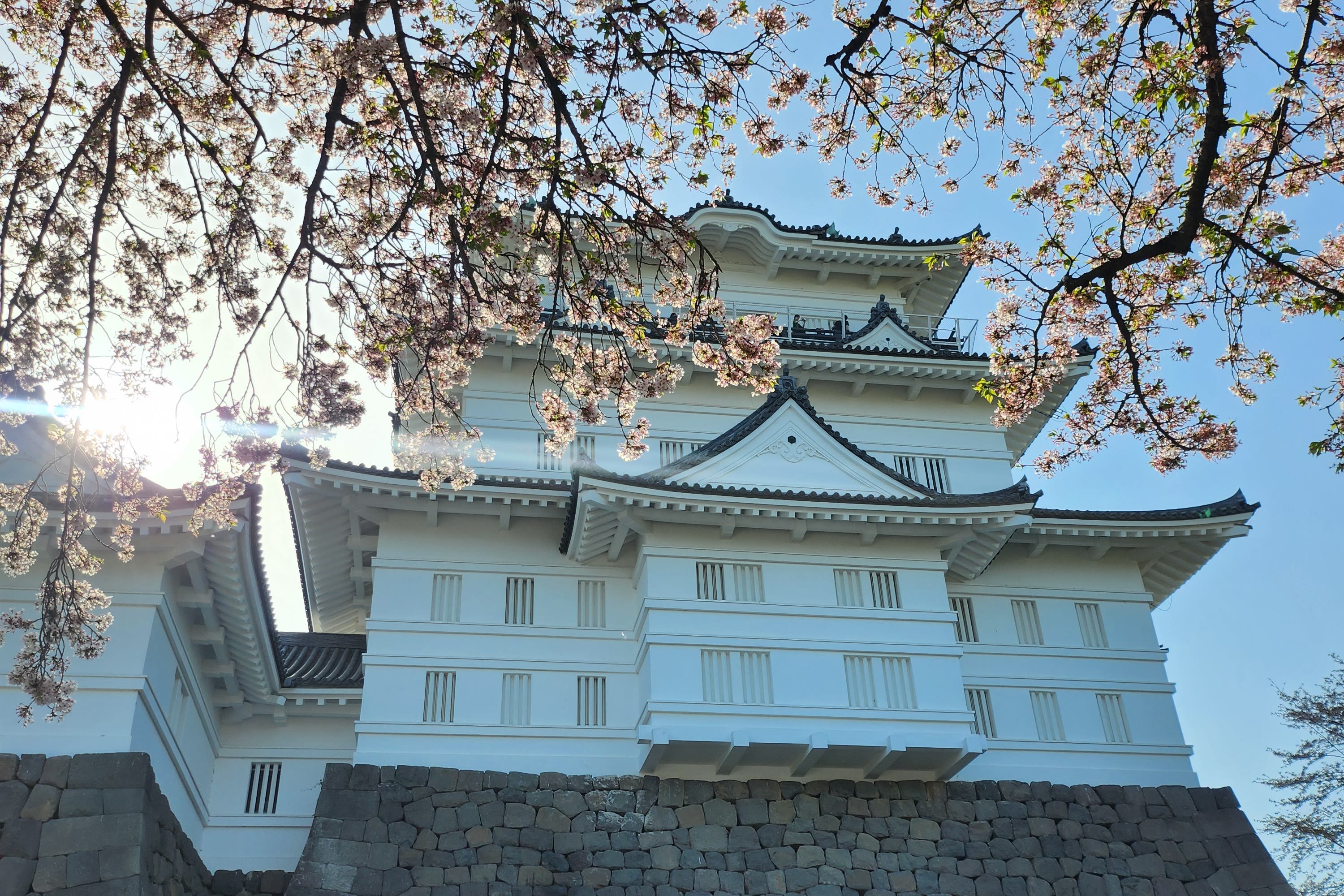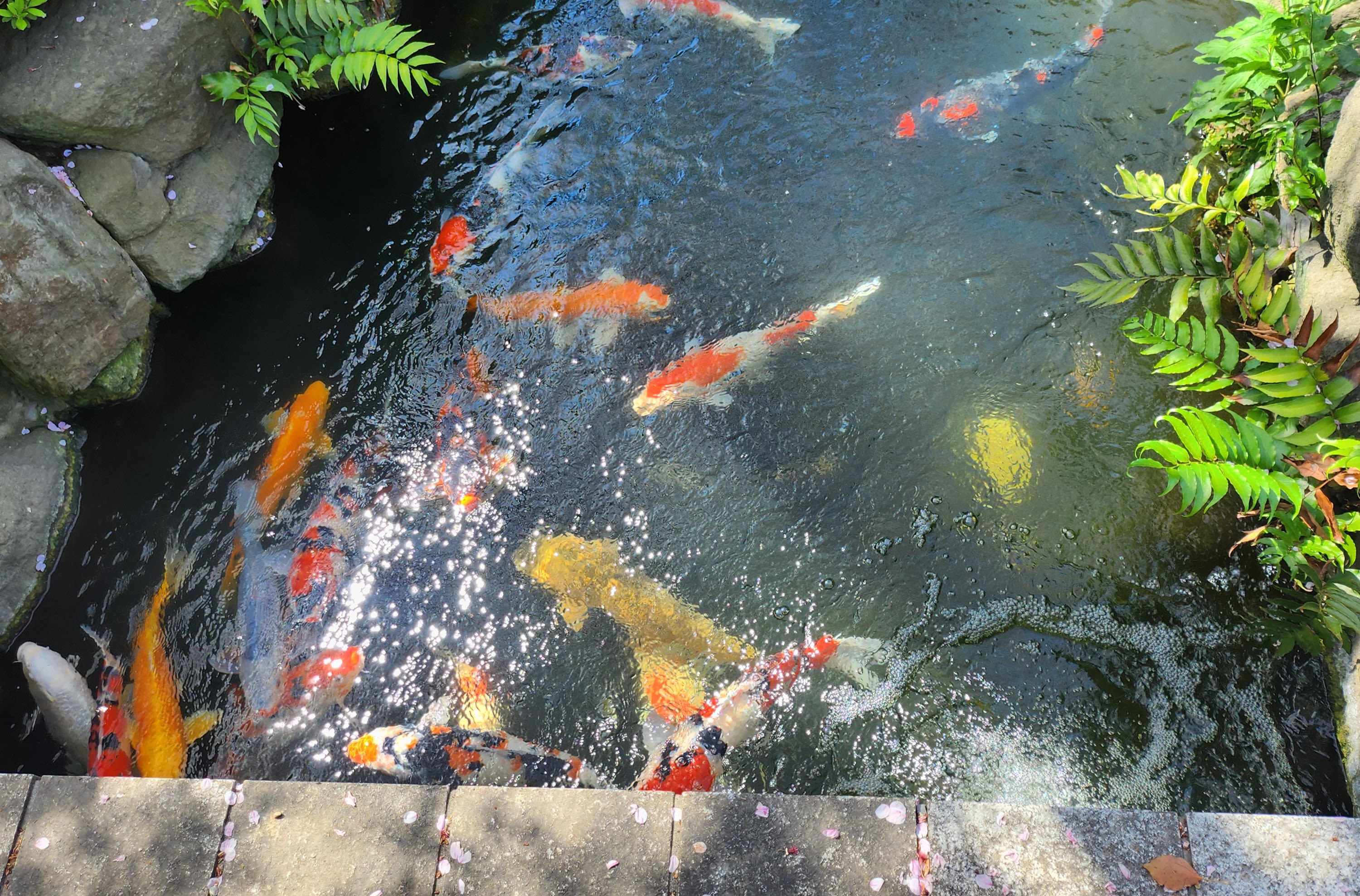Gillingham’s ‘Shōgun’ samurai
The 400 year friendship offering Medway teens the chance to spend a fortnight in Japan

What does modern-day Gillingham have to do with a record breaking TV series about feudal Japan? The same 400 year old link also offers Medway teenagers the chance to make the trip of a lifetime to visit the Japanese cities of Itō and Yokosuka.
Shōgun burst onto Disney+ earlier this year, and in September won 18 Emmy awards, the highest number ever received by a single season of television. The series is based on the 1975 novel of the same name by James Clavell.
While Shōgun’s main character John Blackthorne isn’t real, the novel is loosely based on the life of Gillingham born sailor William Adams.
He was known as the ‘Anjin’ (pilot) in Japan, and students chosen for the exchange get to visit the Anjin Festival in Itō that celebrates his life.
Although the Will Adams festival in Gillingham has been cancelled since covid, eagle-eyed Medway locals can still follow clues around Medway that lead back to the first Englishman to set foot in Japan.
Photo: Susan Haydock
Photo: Susan Haydock
William Adams was born in Gillingham in 1564, and you can find his christening record in the Medway Archives Centre in Strood.
He was christened at the St Mary Magdalene church on Gillingham Green.
Plaque on the Will Adams monument in Gillingham (photo: Bronni Hughes)
Plaque on the Will Adams monument in Gillingham (photo: Bronni Hughes)
When Adams was 12, his father died. He then moved to Limehouse in East London, where he trained as a shipbuilder. While he was an apprentice he also studied astronomy and navigation.
As an adult, Will Adams joined the Royal Navy and fought against the Spanish Armada in 1588. After he retired from the Navy he married Mary Hyn and had two children.
In 1598, Adams went to Holland where he was hired as a pilot for an expedition to the far east.
The journey was treacherous and Adams’ ship was the only one from the fleet of five to reach Japan.
In 1600 his ship docked off Kyushu in the south of Japan.
Adams and his crew were taken to Osaka castle to meet Ieyasu Tokugawa, the man who would soon become Japan’s most famous Shōgun (military leader).
The Anjin statue in Itō (photo: Susan Haydock)
The Anjin statue in Itō (photo: Susan Haydock)
The future Shōgun asked Adams to tutor him in geography and maths.
Modern day Osaka Castle (photo: Bronni Hughes)
Modern day Osaka Castle (photo: Bronni Hughes)
Adams’ ship was much bigger than any of the ones he had seen before, and Tokugawa used Adams’ navigation and shipbuilding skills to help build the shogunate its own fleet.
Adams served as an advisor to the Shōgun, and wasn’t given permission to go back to Europe for many years.
Adams was a protestant, and historians say his influence led to hundreds of years of persecution against Catholics and eventually all Christians in Japan.
He married a Japanese woman called Oyuki and had two more children. Even after he was allowed to leave Japan, Adams chose not to go.
Will Adams died aged 55 in Hirado.
Will Adams memorial in Hirado (photo: Susan Haydock)
Will Adams memorial in Hirado (photo: Susan Haydock)
The Exchange
Oliver Miller, 18: “It's amazing, something you never forget.”
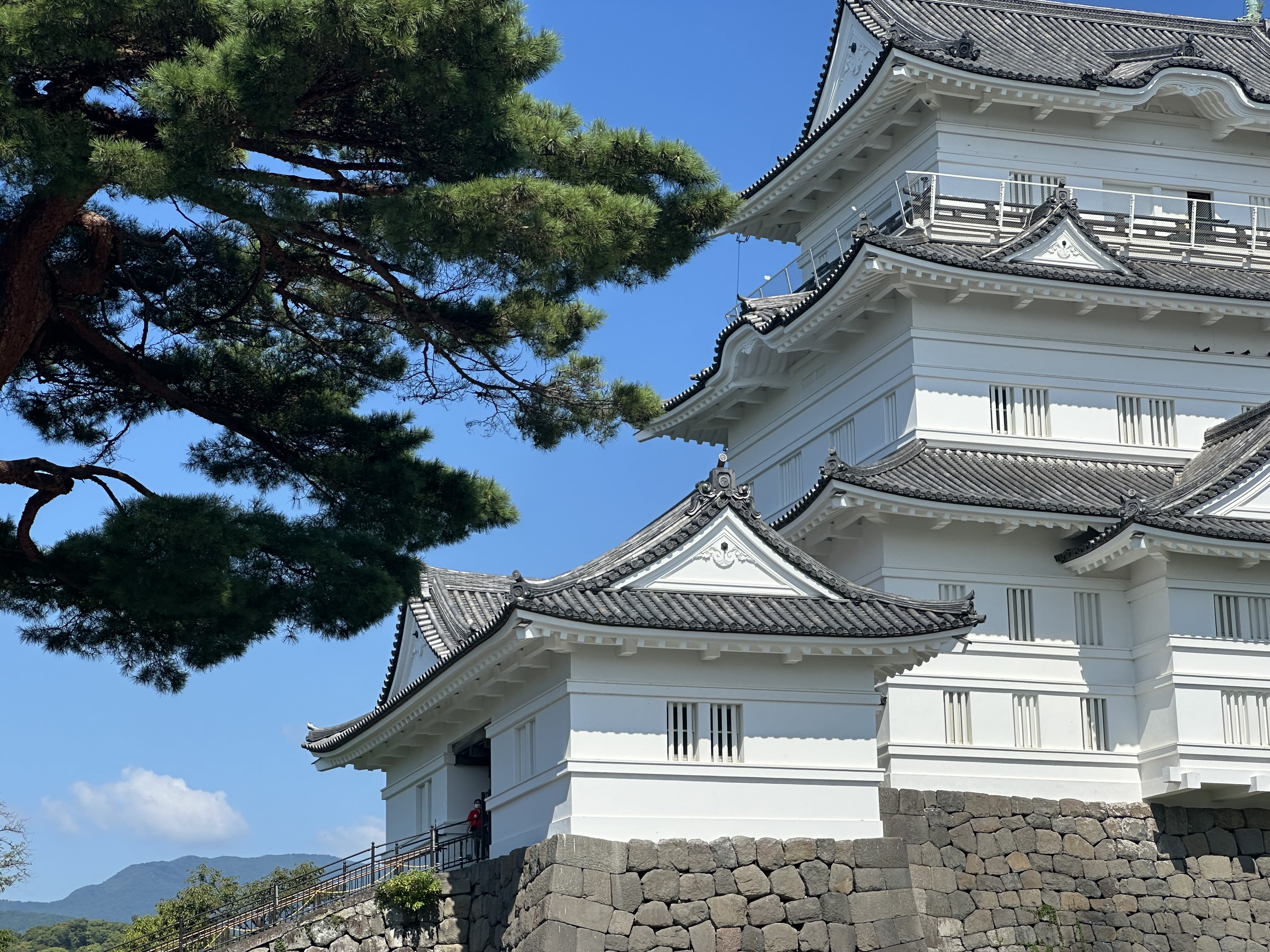
The history of the exchange
Gillingham was first twinned with Itō and Yokosuka in 1982, and at the same time an exchange programme was set up to strengthen the link.
Every summer four students from Medway travel to Japan, and after that, they host the four students from Itō and Yokosuka.
For 2024, parents were asked to pay £500 towards flights and activities. The rest of the funding is provided by the Medway Japan Friendship Association, the group that arranges the exchange each year.
Sue Haydock is the chair of the Association.
When Sue answered her front door, I was surprised to see a mannequin standing in the middle of the living room dressed in full Victorian finery, including a corset, bustle and hoop skirt.
However, by the time I left, it made perfect sense that this Medway history buff is the person who has kept the Japanese exchange going since 2006.
“Well, normally twinning between cities is based on a similarity: seaside towns or industrial towns or car plants or whatever. In this case, it's history.”
Sue was mayor of Medway during the 400th anniversary of Will Adams building the first western-style ship in Japan. She was invited to visit and do a home stay. While she was there she was made honorary mayor of Yokosuka.
“They treated me like royalty. I was there at the end of December, they asked me to be Father Christmas and hand out presents.”
She also got to take part in Shinto new year ceremonies, she said: “It’s the only place I’ve ever been where I was hit in the back of the head with a rice cake.”
When Sue’s term as mayor was over, the group that was running the exchange asked if she could take it over. It was a daunting task, but she agreed.
Sue’s home is full of souvenirs from her travels in Japan.
It’s also made a big impact on the people who’ve taken part in the exchange over the past 40 years.
“I know of at least three of our exchange students who have moved out to Japan and started families there. ”
“Another one was an art student and his trip to Japan influenced his designs for dresses based on the kimono. It’s had life changing effects.”
Plaque on the Will Adams memorial (photo: Bronni Hughes)
Plaque on the Will Adams memorial (photo: Bronni Hughes)
Sue Haydock by Mt. Fuji (photo: Susan Haydock)
Sue Haydock by Mt. Fuji (photo: Susan Haydock)
At the Yokosuka Festival (photo: Sue Haydock)
At the Yokosuka Festival (photo: Sue Haydock)
Scuba diving in Ito (photo: Oliver Miller)
Scuba diving in Ito (photo: Oliver Miller)
Oliver doing a presentation about the exchange (photo: Oliver Miller)
Oliver doing a presentation about the exchange (photo: Oliver Miller)
Photo: Oliver Miller
Photo: Oliver Miller
August Christmas dinner for Shota (photo: Doug Davis)
August Christmas dinner for Shota (photo: Doug Davis)
Oliver and his exchange partner Yushiro in Dover (photo: Oliver Miller)
Oliver and his exchange partner Yushiro in Dover (photo: Oliver Miller)
How the exchange works
Oliver Miller, 18, took part in this summer’s exchange. “It was the best 2 weeks of my life. It's a life-changing experience.”
The exchange takes place every August, with four Medway students flying out to Japan first. Half the students are based in Itō and half in Yokosuka.
Itō is a coastal town which is famous for its onsen (hot springs) and picturesque landscape. Yokosuka is larger and more urban, and has all the bright lights and sushi bars you’d expect from a Japanese city.
Oliver found it hard to pick just one experience he enjoyed the most: “It was crazy, they would take us to see the most gorgeous sight you’ve seen in your life, then get us back into a car and we’d go to somewhere even more beautiful.”
What the students get up to in Japan is quite different to what you might expect from a typical French or German exchange.
As well as exploring tourist sites, the students are asked to meet Japanese dignitaries and attachés from countries all over the world.
To prepare for this the students are given an introduction in Japanese to memorise.
“That really helped, it was perfect for all those moments. The committee knew exactly what we would be doing, what we'd be asked and we learned all the most important phrases.”
Japanese homes are often smaller than those in the UK, so instead of staying with their exchange partner, sometimes students are hosted in home stays during their trip.
Oliver stayed with three different families when he was in Japan: an older couple, a family with young children and a couple and their grown-up daughter.
He said: “I loved all of them so much and it was amazing to get a variety of experiences.”
When the Japanese students come to Medway for the second fortnight of the exchange, they usually stay with their exchange partner’s family.
Ali and Doug Davis’ son Alex went on the exchange last summer. His exchange partner Shota stayed with them during the trip.
Ali said: “He was really interested in learning about our culture. He was willing to try all of our food, I was a bit worried about that when Alex went to Japan!”
“We were really sad to say goodbye to Shota, he was a joy.”
They told me his English was really good, but translation apps helped out when they couldn’t understand each other.
“We were worried there would be cultural differences, but he fitted right in.”
Although the students’ itinerary is quite full while they are in Medway, parents often put on extra activities for the Japanese visitors.
Hosts are encouraged to show off what makes Kent and Medway special.
Oliver took a group of students to the Gurdwara in Gravesend. On one of their host days, Ali and Doug laid out a full Christmas spread for Shota, even in the August heat.
Doug said: “We saw it like a holiday, we threw ourselves in and went on a lot of the outings too.”
How can you take part in the exchange?
When is it?
Applications open every year in summer for the exchange the following August.
Who can apply?
To apply, students need to live and go to school in Medway and be 16-18 at the time of the exchange.
How are they chosen?
Students are asked to fill out an application form, and if they're successful there's an interview.
The interview process
This year the Association received over 100 expressions of interest and 30 applications.
Applications are whittled down to a shortlist of 12, who are invited to interview with the committee so they can choose the final four students.
Oliver Miller was chosen to go on last year’s exchange. He said that the form was quick to fill out, but he took his time preparing for the interview:
“It was a little bit scary, but it was just one interview and they were really nice.”
“It couldn't have been more positive. You need to prove you have knowledge about Will Adams and his journey.”
The chair of the Medway Japan Friendship Association told me that they’re looking for someone who can be a good ambassador for Medway. They should have a strong interest in Japan, however they don’t have to speak Japanese.
Sue Haydock said: “They need to have a willingness to learn the language, we have someone who gives Japanese lessons on Zoom.”
Check the association’s Facebook page for a link to the application form in the summer.
